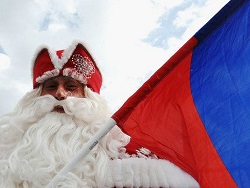The Russian Chronicles is a unique historical phenomenon. That is what we know about the early period of our history, but to this day researchers cannot come to a consensus as to their authorship, and their objectivity…
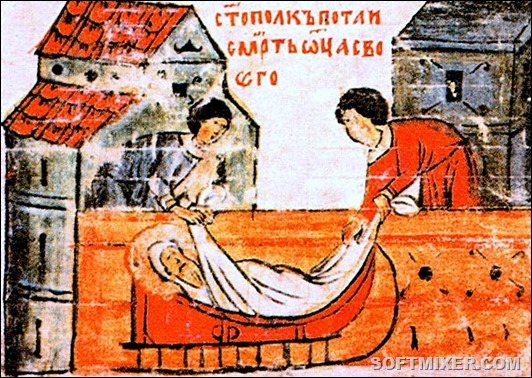
The main puzzles
“The tale of bygone deeds” as we know it, or rather don’t know is: a series of intricate puzzles, which is dedicated hundreds of scientific treatises in which historical bright minds seek to solve them. But on the surface – four puzzles. And, in fact, on the agenda they are about two centuries (at least). And still haven’t received the final permission.
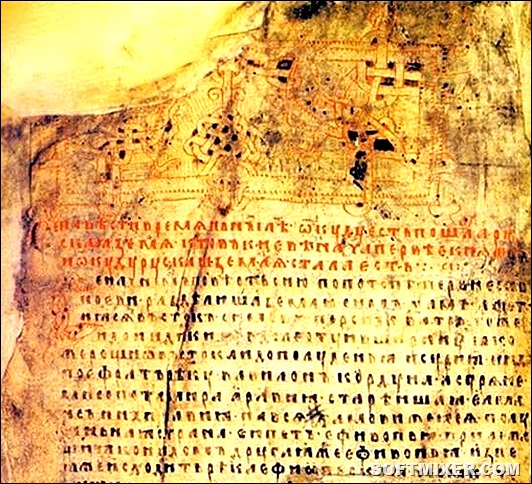
What is this mystery? – Who is the author? Where the Initial record? Next favorite Russian question – Who is to blame? With regard to “Story” in factual confusion. And, finally, whether this ancient Arch restoration? But first, what is the record?
What is the record?
Purely Russian phenomenon. World unique among literary genres it is not. The word itself comes from the old “summer”, which means “year”. That is, the record is what was created “from year to year.” Was it not one man and not in one generation. In the fabric of modern authors events were intertwined with ancient tales, legends and outright speculation. Worked on the Chronicles of the monks.
Who is the author?
The most common name “Story” has developed from the initial phrase: “Behold… the tale of bygone years” In the scientific community in the course of two names – “the Original chronicle” or “Nestorova chronicle”.
But some historians seriously doubt that monk of Kiev-Pechersk Lavra in General has at least some relation to the annalistic arch of the lullaby period of the Russian nation. Academician A. A. Shakhmatov gives the Nestor a role of Primary processor set.
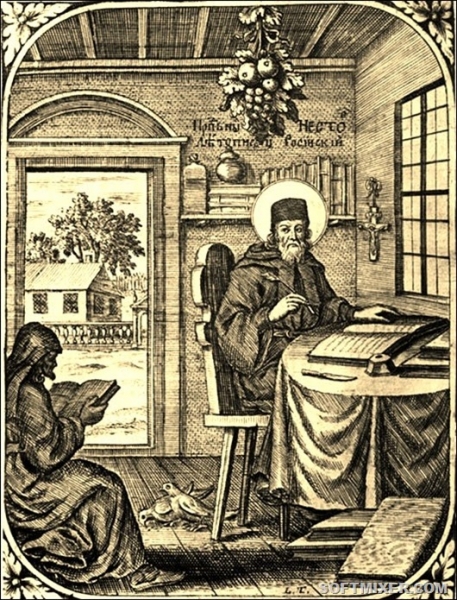
What we know about him? The name is hardly generic, because he was a monk, so in the world wore more. What took him in the Pechersk monastery. Within its walls, and committed their spiritual feat hard working hagiographer of the late XI – early XII centuries. For which he was canonized by the Russian Orthodox Church in the face of the monk (i.e. please God just monk feat). He lived for about 58 years and in those days relied great elder.
Historian Yevgeny Demin notes that “precise information about the year and birthplace of the “father of Russian history” is not preserved, and no record of the exact date of his death.” Although in the dictionary of Brockhaus-Efron featured date: 1056-1114. But in the 3rd edition of the Great Soviet encyclopedia they disappear.
“The tale” is considered one of the earliest extant ancient Chronicles of the vaults began in the XII century. Conceives his narrative Nestor immediately with the postdiluvian times. And follows historical outline up to the second decade of the XII century – that is, until their own final years. However, in the pages of the “Novel” name of Nestor, or was not, or was not preserved.
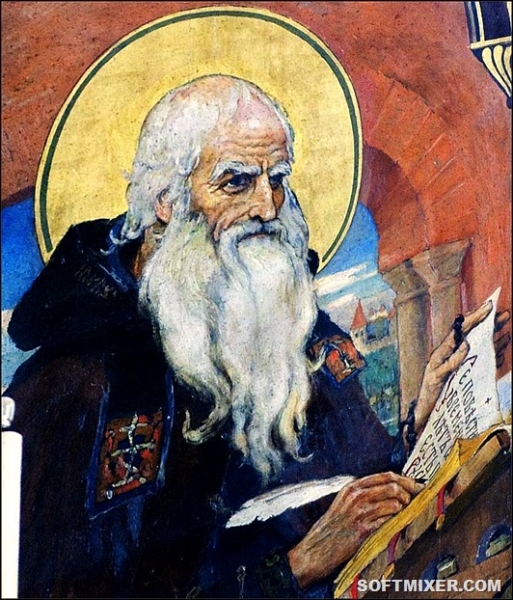
The authorship was established by indirect means. Based on the fragments of the text in the Hypatian chronicle, which begins with a nameless mention of its author – the monk of the Pechersky monastery. Then another message to Pechersky monk Polycarp, Archimandrite Akindin, Dating from the XIII century, expressly referred to Nestor.
Modern science is celebrated and not the usual author’s position that accompanies the tie tales throughout the Chronicles is a bold and generalized assumptions. Nestorivska and the manner of presentation of the historians know. As the authorship of his “Reading about the life and pogrubienie Boris and Gleb and the Life of the monk Theodosius, hegumen of Pechersk” it.
Comparison
The latter gives professionals the opportunity to compare author approaches. In “the Life” we are talking about the legendary companion and one of the first disciples of Antony of Liubech, and founded the oldest Orthodox monastery in Rus – Pechersk monastery when Yaroslavl the Wise in 1051.
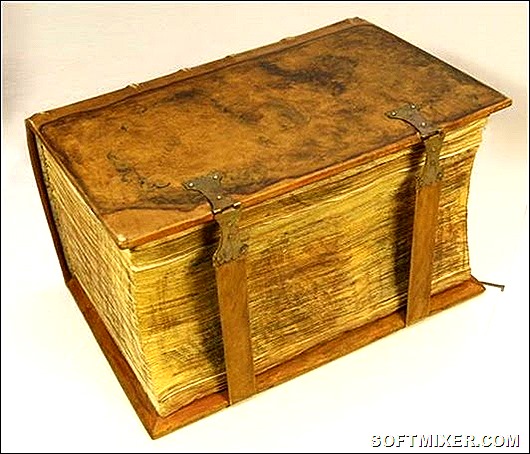
Nestor himself lived in the monastery of Theodosius. And his “Life” so full of tiny nuances of everyday monastic life that not even the connoisseur of clear – wrote to his people, “knowing” the world from the inside. As for the “Story”, we must remember that first described it, for example, the calling of the Varangians of Rurik, that came to Russia with his brothers Sineus and Truvor and founded the state in which we are supposed to live, written 200 years after this alleged event.
Where the initial record?
It is not. None. This is the cornerstone of our Russian state is some kind of a phantom. All heard about it, the whole Russian history from it is pushed, but no one in the last 400 years in the hands not holding and have not even seen.
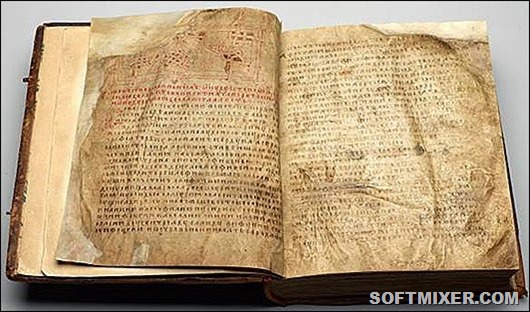
Even V. O. Klyuchevsky wrote: “the libraries don’t ask the Primary chronicle – you probably will not understand and asked: “What is a list of Chronicles you need?” Still not found a single manuscript in which the Initial record would be placed separately, as she came out from under the pen of the originator. In all known lists, it merges with the story of its successors”.
Who is to blame for the confusion?
Now what we call “the Tale of bygone years”, only exists in other sources and is distributed in three editions. The Laurentian Codex from 1377. Ipatiev that back to the XV century. Khlebnikov and the list of the XVI century.
But all these lists are – by and large, only the copy in which Primary chronicle appears in very different ways. The initial arch in them just sinks. Scientists attribute this erosion of the primary source and partly to the repeated incorrect use and edit.
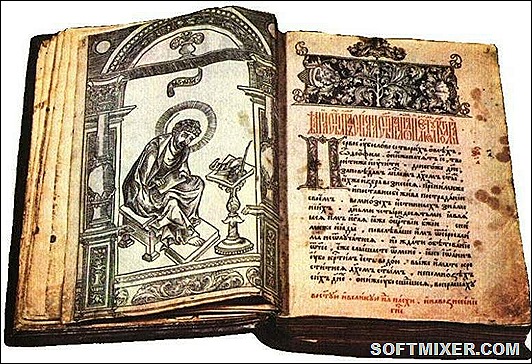
In other words, each of the future “co-authors” of Nestor (or any other Pechersk monk) considered this work purely subjective and in the context of his era. Pulled from the chronicle just what it does. And inserted in your text. What didn’t like, at best, didn’t touch (and historical texture was lost), at worst, altered information so that the compiler would not know.
Whether the Initial record of the restoration?
No. Since a long time and we brewed this mess of fraud. From which the experts are forced – literally bit by bit to extract the initial knowledge about “otkuda gatherings is the Russian land…“.
Therefore, even such an indisputable authority in questions of identification of ancient literary rarities as Shakhmatov a little less than a century ago was forced to admit that the original text of the Chronicles – “with the current state of our knowledge” – is not subject. The reason for this barbaric “editing” scientists estimate as an attempt to conceal from posterity the truth about the events and personalities that made almost every copyist, rehabilitating or paroch.
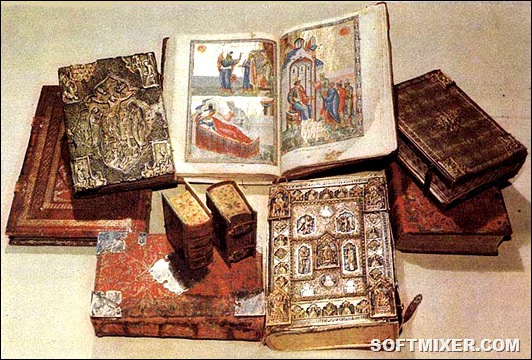
———————————–
These are the secrets are disclosed...

